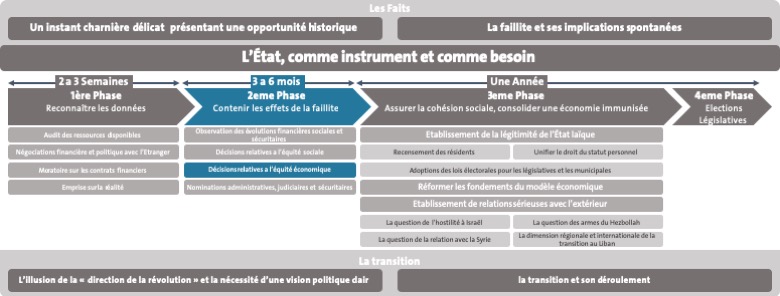Decisions on economic justice
Economic justice is the second track. The apparent and still hidden distribution of losses must protect the post-crisis social and economic potential. The government, by virtue of legislative decrees and based on the internal and external inventory and on ongoing developments, would restructure all financial and economic relations in the country; such a concern does not depend on public debt and deposits. People have commercial relations, at home and abroad, and these relations must be managed so that materials and resources are not lost and conflicts not accumulated. People pay and collect rents and depend on wages and on due funds that have not been paid to the guarantor institutions such as the National Social Security and others for years, and all at risk of being lost, same for the mandatory savings collected by professional syndicates and union funds of teachers, lawyers, medical doctors, and others. Techniques would be numerous with varied severity depending on what the inventory reveals and exposes; they would include changing legal terms, ranking of rights and risks, interest rates, returns, monetary values and currency calculations. Some of such interventions would be final, while others would be temporary or conditional.
Click on the diagramme to return to the table of content

